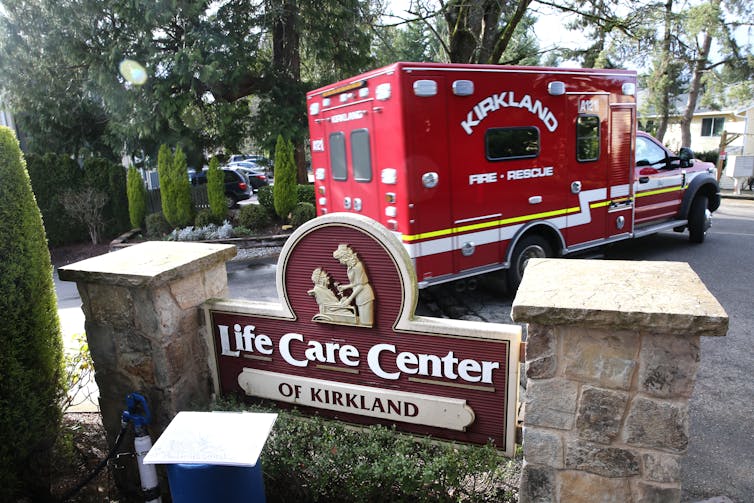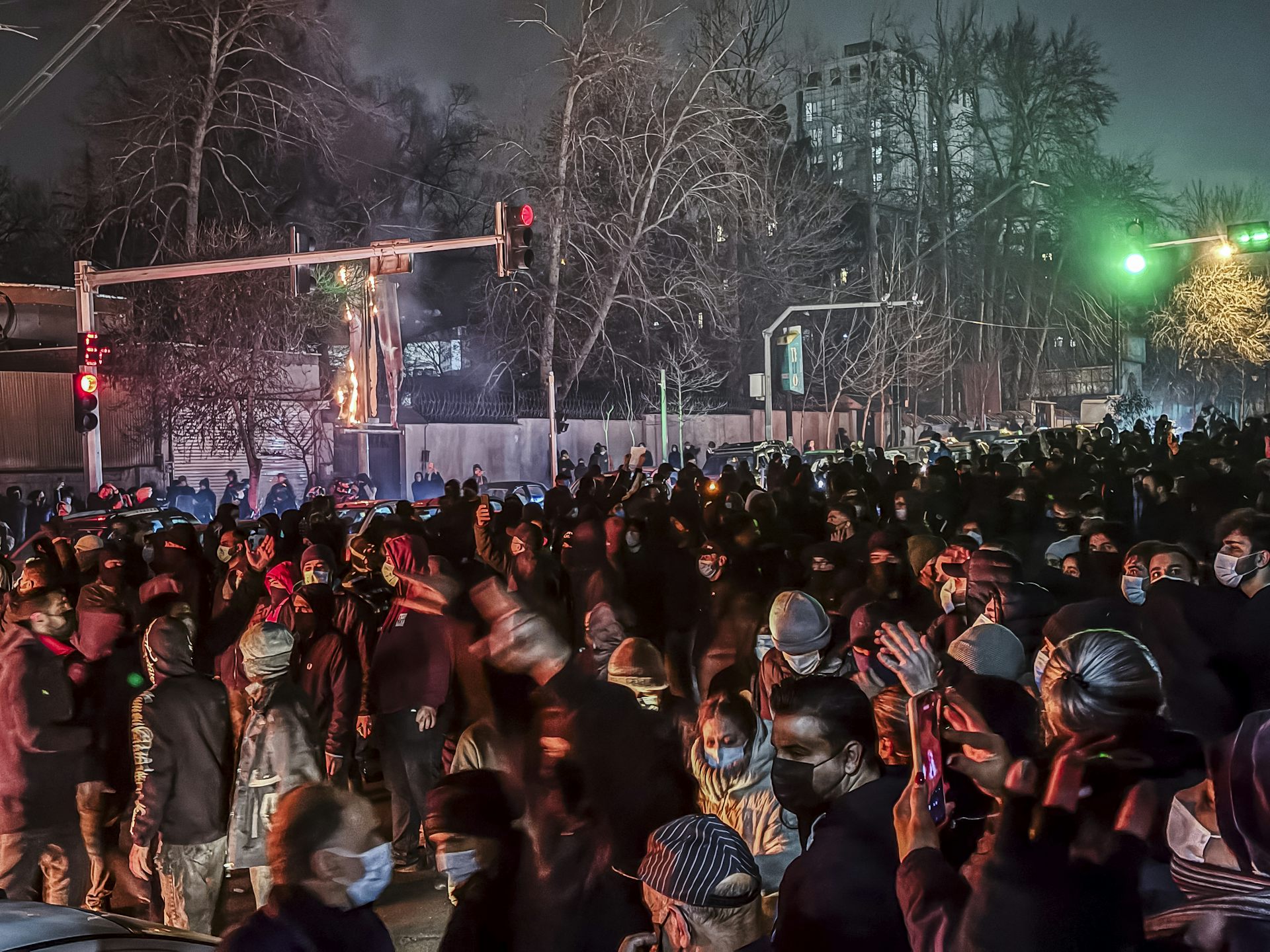A geriatrician offers 4 tips for seniors to stay connected during coronavirus outbreak
As the novel coronavirus spreads, an expert offers ways the elderly can stay safe while staying connected.

As the numbers climb for those infected with the novel coronavirus, the dangers rise for vulnerable populations. People who are older or with underlying medical conditions risk the severest consequences, including organ failure and death. The latest data from China indicates the great majority of reported cases were in older people; elders also had the highest risk of respiratory illness and death.
Should the spread of COVID-19 continue – and every indication suggests it will – people must make sure they are protected.
I am a geriatrician and an associate professor at the University of Virginia in geriatric medicine. So far, the disease is not present at my hospital or clinic. But our staff is already making preparations to minimize COVID-19’s impact, particularly on the people imperiled the most.
Along with other hospitals across the country, we stay informed on local and national recommendations for screening, testing and protective equipment. We make sure staff and patients know about proper hand hygiene. We take extra steps to keep the facility clean, like removing magazines from the waiting rooms and implementing a “you-touch-it-you-take-it” policy for flyers and brochures. And we encourage all of our patients to call a doctor if they develop a fever or new respiratory symptoms.
Most of all, we are doing our best to get the right information out to the community, particularly the elderly.

Ways to reduce exposure
For those most at risk for severe infection: do everything you can to reduce exposure to the virus. Keep space between you and anyone who is sick. Avoid crowds. Limit your time in public by consolidating trips to get supplies. When out, try to keep a distance from others. Wash your hands often. And if a COVID-19 outbreak occurs in your community, stay home as much as possible.
“Social distancing” is the new phrase that describes most of this, and it goes against what we typically advocate for our older patients. As geriatricians, we promote the benefits of social engagement to our patients; we remind them of the poor health outcomes associated with social isolation. Now, with COVID-19, the times have changed. But along with the risk of coronavirus infection comes the risk of social isolation. How should older people balance these competing recommendations? During a time of social distancing, here are four ways for elders to stay socially connected.
1. Learn the new technology
FaceTime, Zoom, Skype, Facebook, Twitter, Snapchat and lots more. All sorts of online options exist to talk with family and friends. And you don’t have to be tech-savvy. Doing the basics is easy, and for most people, fun. If setting up an account is daunting, ask a neighbor, niece or nephew for help and a quick tutorial.
2. Stay active in the community from home
It may sound counterintuitive. How can you remain a part of the community if the goal is to separate from the community? But maybe there’s a remote option. Many organizations — political parties, faith-based groups, nonprofits — rely on volunteers to make phone calls. You can do that clearly community-based activity right at home.
3. Go on a news diet
Stay informed, know what’s going on but don’t get locked into endlessly watching “breaking news” on the 24-hour news channels. Typically, not much changes hour to hour. But enduring the repetitious pummeling from TV all day long can bring needless anxiety. My patients have found the following advice helpful: Watch a news update in the morning, then check in again at night. Don’t stay with it all evening — 30 minutes or an hour is plenty.
4. Reach out to family and friends
Stay in touch with the people close to you, especially those who are social distancing too. The Centers for Disease Control and Prevention is recommending that communities create “buddy systems” to make sure vulnerable and hard-to-reach people stay connected, particularly to news about COVID-19. This can be done through your church, social group or daily neighborhood email blasts. And for those of you who are not elderly – why not make it a point to check in on your older friends and relatives? Such thoughtfulness is always greatly appreciated.
Social distancing does not mean social isolation, and even a potentially deadly virus should not force us to be alone. Now, more than ever, people need to find smart ways to stay connected.
Laurie Archbald-Pannone is affiliated with American Geriatrics Society
Read These Next
Trump’s Greenland ambitions could wreck 20th-century alliances that helped build the modern world or
How the US treats its allies has been a crucial question for every president. What evolved over the…
An ultrathin coating for electronics looked like a miracle insulator − but a hidden leak fooled rese
A new study investigated the source of a leak in a ‘miracle measurement’ from 2010 – and engineers…
Are there thunderstorms on Mars? A planetary scientist explains the red planet’s dry, dusty storms
A rover recently captured sounds of lightning crackling on Mars, over a decade after scientists uncovered…






